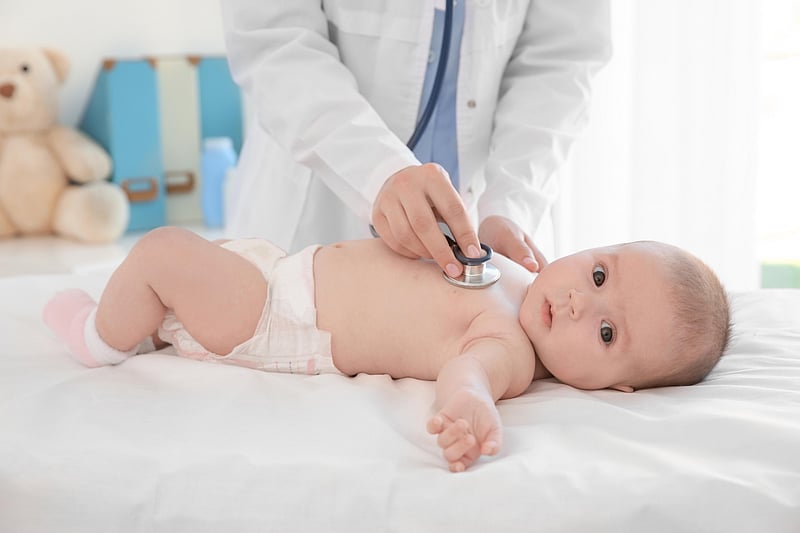ATTENTION ALL CUSTOMERS:
Due to a recent change in our pharmacy software system, all previous login credentials will no longer work.
Please click on “Sign Up Today!” to create a new account, and be sure to download our NEW Mobile app!
Thank you for your patience during this transition.
Get Healthy!

- Posted October 10, 2023
Birth Defects More Common in Babies Born to Moms Who've Had Cancer
Teens and young adult women who survive cancer appear to have higher odds of delivering babies with birth defects, according to a new study.
Knowing this, young women making decisions about pregnancy and prenatal care should receive appropriate counseling and surveillance, said study lead author Caitlin Murphy.
"Concerns like the health of future children are at the top of mind for many young adults diagnosed with cancer, but they are already so overwhelmed at the time of diagnosis with navigating cancer-related information,"said Murphy, an associate professor of health promotion and behavioral sciences at University of Texas Health School of Public Health at Houston.
"Our findings can be used in clinical practice to provide counseling and inform this population of the potential risks and reproductive consequences of cancer, at the time of diagnosis and beyond,"she added in a school news release.
The researchers examined birth defects in more than 6,800 offspring, ages 12 months and younger, of women who were between 15 and 39 years old at the time of their cancer diagnosis.
About 29% had thyroid cancer, 13% had lymphoma and nearly 11% had breast cancer. Around one-quarter had received chemotherapy.
While overall risk of any birth defect was higher in the children of women with a history of cancer, at 6%, versus 4.8% for those without a cancer history, it remained rare in both groups.
The scientists saw an increased risk for specific types of defects in the children of women with a cancer history, including eye or ear defects; heart and circulatory defects; abnormalities of the genital and urinary systems, and musculoskeletal abnormalities.
Screening babies for birth defects could provide an opportunity for targeted prevention, Murphy said.
"Many studies now demonstrate relationships between cancer and birth defects; children with birth defects also have a higher risk of cancer,"Murphy said. "The more we learn about how they are related to each other, the more we can identify opportunities to prevent both."
The findings were published recently in Cancer Epidemiology, Biomarkers & Prevention.
More information
The March of Dimes has more on birth defects.
SOURCE: University of Texas Health Science Center at Houston, news release, Oct. 6, 2023






